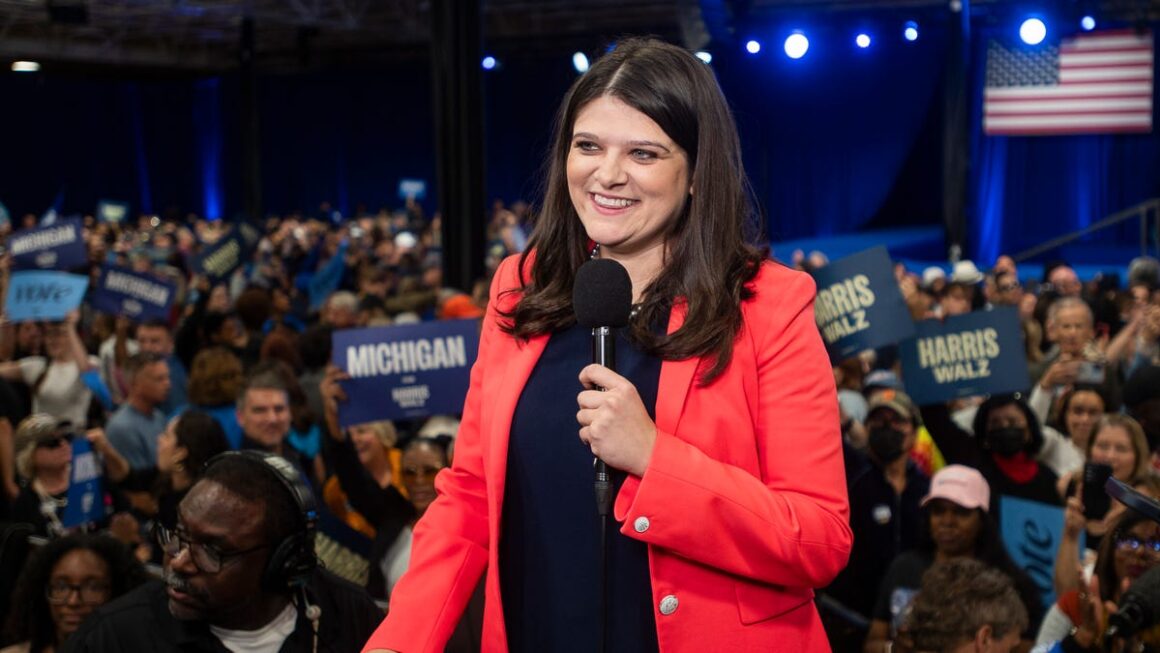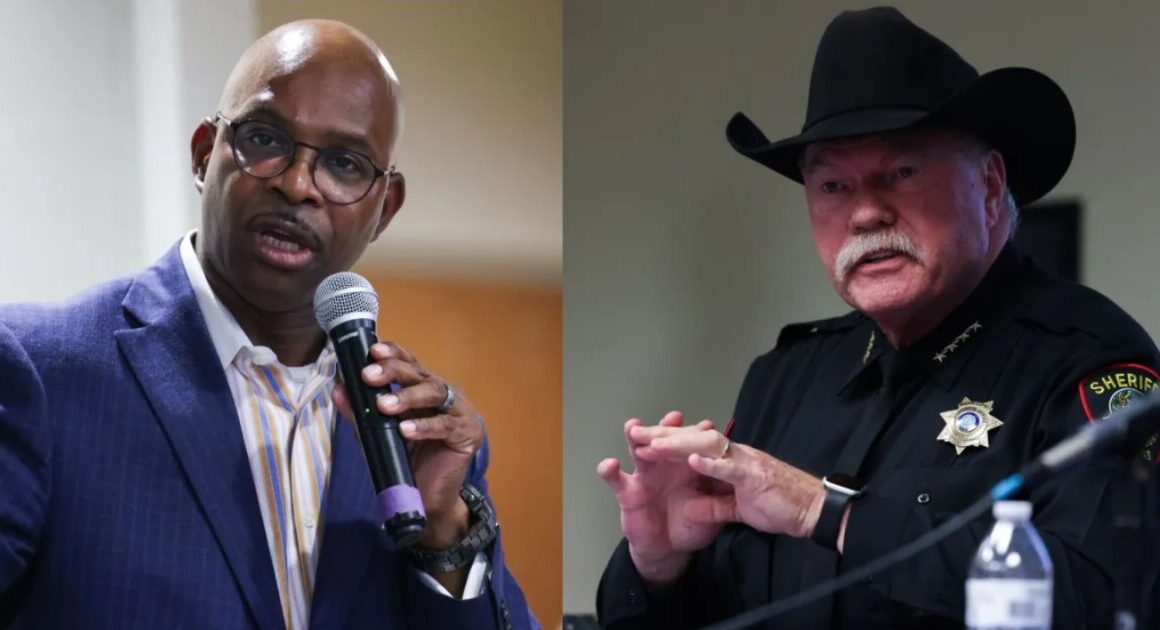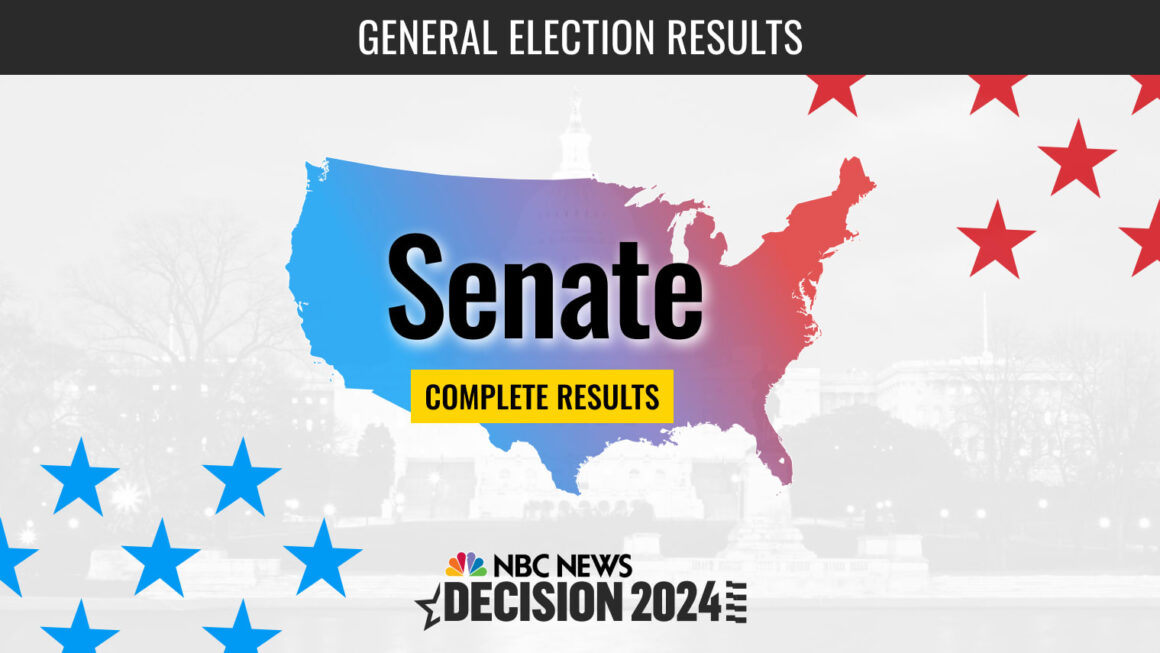“Section 3 was enacted for such a time as this, and for such a figure as President Trump.”
So writes civil rights lawyer Sherrilyn Ifill in a powerful amicus brief to the Supreme Court in Trump v. Anderson, the case that may determine whether Donald Trump can hold the presidency again. Section 3 of the 14th Amendment is the constitutional provision at the heart of the appeal before the justices. Oral arguments are set for next Thursday.
Ifill’s brief underscores that this section, which bans insurrectionists from office who previously swore to support the Constitution, isn’t a “historical relic” but rather was “designed to ensure that the ambitious rights that the 14th Amendment guarantees can withstand the resistance that its framers knew was sure to recur — not just in the immediate post-War period, but far into the future.”
Ifill, who led the NAACP Legal Defense Fund from 2013 to 2022, noted that the amendment was concerned with ensuring the full citizenship of Black people, with its best-known provision, Section 1, guaranteeing equal protection, among other things.
“But the 14th Amendment’s framers understood that the transformative potential of Section 1 would require protection from usurpation or abuse,” she explained, adding that the next two sections “were designed to provide that protection.” Section 2 protects voting rights, she wrote, while Section 3 “was designed to protect the political, judicial and military ranks of our republic against those who, having held office previously, demonstrated their disloyalty to the Constitution.”
The events leading up to and on Jan. 6, then, unfortunately fit well within that historical backdrop. Ifill writes further:
President Trump’s effort to overturn the results of the November 2020 election — by targeting the legitimacy of votes cast by Black voters in select ‘urban’ areas that his followers would associate with race, by using racist dog whistles to describe voters in those jurisdictions and those charged with counting the votes, by making relentless and unfounded attacks on Black poll workers, and by leading an assault on the Capitol that featured the Confederate flag parading through its halls — represents precisely the dangers that the 14th Amendment’s framers sought to protect our republic against.
A Supreme Court that purportedly takes account of the history behind constitutional amendments when interpreting them would do well to understand this crucial context. Like the outside briefs from historians, conservatives, First Amendment scholars and others, it adds to a body of legal reasoning that the court shouldn’t ignore.
Subscribe to the Deadline: Legal Newsletter for weekly updates on the top legal stories, including news from the Supreme Court, the Donald Trump cases and more.
![]()







